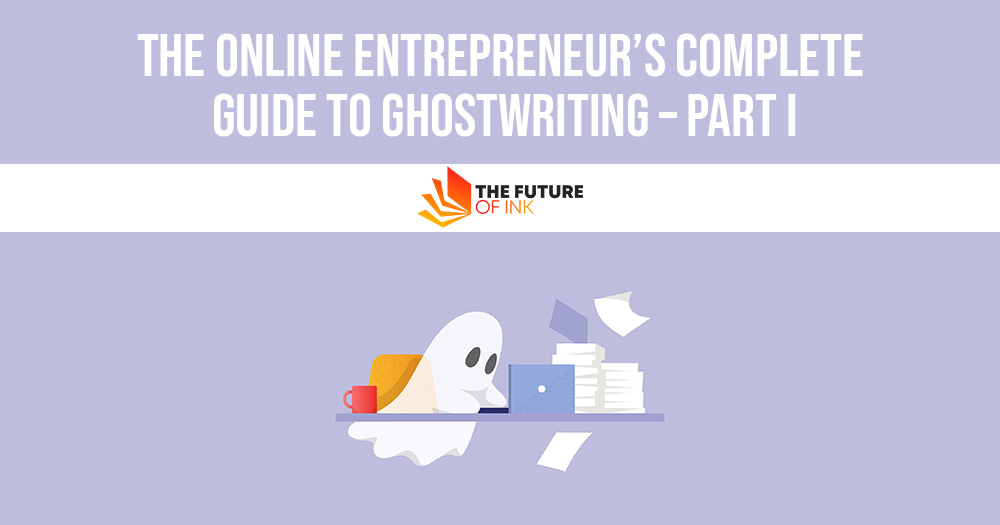Contents
She throws tantrums whenever anyone from her gardener to her cook writes books in their ‘free time’, shouting that she doesn’t go around performing brain surgery, so how come every doctor—not to mention lawyer, house painter, and waitress—feels qualified to horn in on her profession?
Ms. Goldsmith (better known for The First Wives Club) was saying, through her character, what a lot of us have been thinking for some time: lately, everyone wants to write a book, and they frequently do, no matter what their real area of expertise.
Snake handlers, cake decorators, haberdashers; the butcher, the baker, the candlestick maker—every professional and even every amateur just wrote, is writing, or intends to write a book about their work, their hobby, or their sordid life story.
Those of us who knew we were writers since uttering our first word, and spent our adult lives struggling to get our books into print, can only watch, astonished, as these wannabe writers fill the shelves of Barnes and Noble.

News Flash: The butcher, the baker, and the snake handler did not write these books! They were written by a professional, a ghostwriter.
I can vouch for the veracity of this statement: I myself am a ghostwriter, and though my name is nowhere on the book itself, I wrote the one you just bought on how to perk up your furniture with odd scraps of fabric.
Also Read: Sell More Books on Amazon – Understanding Keywords, Categories, and Amazon’s Algorithms
The Other Half of the Team
If you are an entrepreneur who suspects that a book about your business might make a good marketing tool, but you’re not sure you can write one; if you know yourself better than the snake handlers and bakers I’ve mentioned, and you’re pretty sure you wouldn’t enjoy the writing process—well then, the ghostwriter is your best friend.
People hire ghostwriters for a variety of reasons. These days the most common “authors” are independent entrepreneurs who use books to provide specific business functions: as calling cards, publicity tools, and advertising.
If you’re worried that putting your name on a book you didn’t actually write is like telling a lie, allow me to dispel that myth at once.
In the long-ago past, hiring a ghostwriter might have been considered “cheating,” but this is no longer the case.
As the process of hiring professional writers becomes more acceptable and more commonplace, readers realize that celebrity bio isn’t written by the famous names on the covers. This acceptance extends to other areas as well.
It’s common knowledge that nobody can do everything: the internationally famous chef cannot invent heavenly appetizers and write compelling memoirs at the same time.
Furthermore, the ghostwriter doesn’t create books out of thin air: the material comes from you, the client. You tell them your story during interviews, or you give them your notes, outlines, and/or rough drafts.
Think of the ghostwriter as a carpenter you’ve hired to build an office according to your specs. While the carpenter turns your vision into reality, it’s still your vision.
The same goes for a book: the ideas, the story, the philosophy, and the business are the raw materials that you provide.
You plan the book the same way you’d plan your office, and you pay the ghost to saw and sand and hammer the pieces into a final product.
Five Reasons To Hire A Ghostwriter
- Time is money / Money is time. While your ghostwriter is busy working on your book for three to sixteen hours a day, you’ll be spending all that time working on aspects of your business that, unlike writing a book, nobody else can possibly do.
- Professionalism Shows. Your book is almost certain to be of higher quality if a professional write it than if you, an amateur, do so.
- Industry Know-How. Most experienced writers have some knowledge of the publishing industry, perhaps even publishing connections they’re willing to share. Some market this as part of their ghostwriting service: they’ll help you find an agent or publisher, and guide you through the process. Naturally, those with extensive expertise in this area charge higher fees.
- Practice. The necessity of explaining your business to the writer forces you to articulate the nuts and bolts of your service and/or product—which is excellent practice for public speaking, media, and other PR appearances.
- Team Building. If you’re lucky enough to find someone with whom you work well, someone you like and trust who delivers a stellar product, then you’ve got a new professional on your team. He or she will become familiar with your business, will want you to be successful, and can take care of all your writing needs.
Also Read: What’s the Correct Length for an Ebook?
Reasons Not to Hire A Ghostwriter
Cost. The cost of hiring a ghostwriter can be steep. If you have the money, but you’re reluctant to spend it on a ghostwriter, I suggest you reconsider: a well-written book is one of the best investments you can make in your business.
If, on the other hand, you understand the benefits and you’re convinced it’s well worth the money but you just don’t have it, your decision is unhappily made for you.
In that case, you’d best get crackin’ on that computer! It might help if you take a writing class, or read a how-to book on writing. Help can be found everywhere these days.
Moral Concerns. I hope I’ve dispelled the myth that hiring a ghostwriter is a form of cheating, but if it still bothers you to claim authorship, you can always give substantial credit to the ghostwriter on the Acknowledgements page.
You can even make him or her a co-writer. The Yankee Years, for instance, is billed as being “by Joe Torre and Tom Verducci.” (You can be sure that Mr. Verducci did 99% of the writing; Joe Torre was a great manager and terrific player, but catching a ball doesn’t train you in the art of writing prose.)
If you do give the ghost more credit, remember you can’t trade it for a lower fee, since most ghostwriters prefer money to fame.
In fact, the reason we ghostwrite in the first place is that it pays more than the meager advances and penny royalties garnered with a byline.
True, some young writers just starting out might prefer credit, but in general, a newbie’s writing is not as finely honed as that of the veterans who’ve been at the typewriter (yes, pre-computer!) for many more years.
To be honest, I can’t think of any other drawbacks to hiring a ghostwriter. If you still have doubts, however, don’t just take my word for it – go out and talk to people who’ve hired ghostwriters, as well as those who’ve written their own books.
Find out as much as you can about the two different experiences to help you make your decision.
In Part II, I’ll teach you how to decide WHO to hire, where to find a qualified ghostwriter, take you step-by-step through the ghostwriting process, and more…


